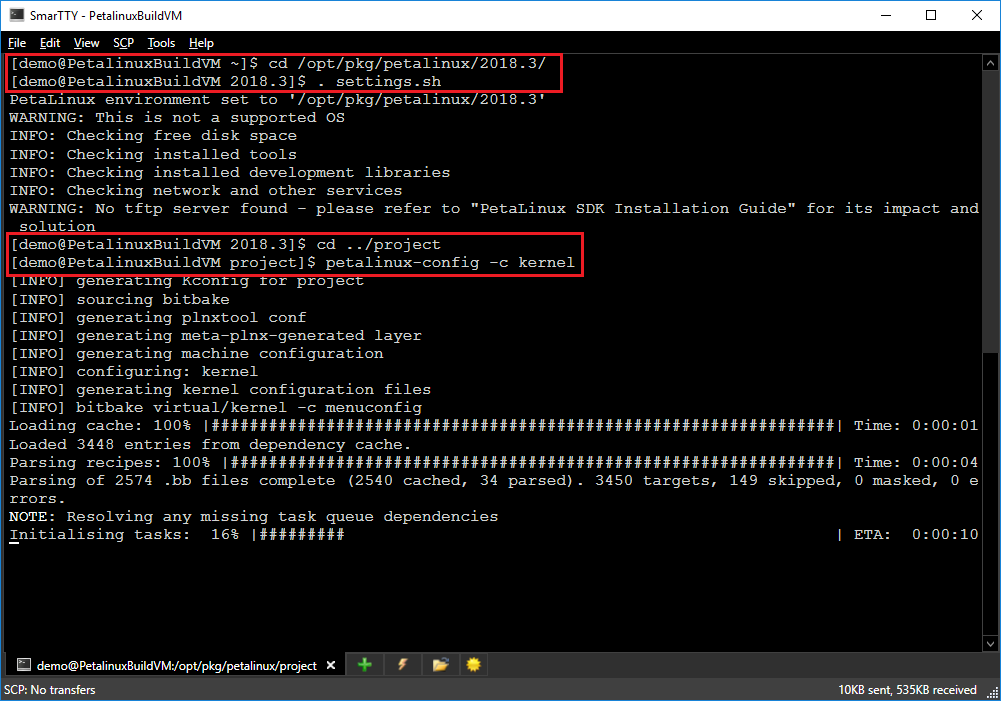Delete File In Linux Kernel
Delete File In Linux Kernel. To remove (or delete) a file in linux from the command line, use either the rm (remove) or unlink command. (i) log on to windows os in admin mode.

Linux delete a file and prompt before every removal. (i) log on to windows os in admin mode. Active 1 year, 10 months ago.
Description Remove () Deletes A Name From The File System.
The aim of this series is to provide easy and practical examples that anyone can understand. [patch 5/6] delete unused file from: List all other older kernel using the dpkg command.
It Calls Unlink (2) For Files, And Rmdir (2) For Directories.
Remove () deletes a name from the filesystem. This article is a continuation of the series on linux device driver and carries the discussion on linux device drivers and their implementation. Viewed 2k times 3 i know this is strongly not recommended.
Given The File Path, Can.
In our previous tutorial, we have seen the functions used in kernel linked list.this is the example linked list in linux kernel which is. Ask question asked 5 years, 10 months ago. If the name was the last link to a file, but any processes still have the.
First, Boot Into A New Kernel.
If you delete the files from the filesystem, you can always recreate them using the appropriate tools to relink the special file to the entry in. Type the following command to remove the kernel package under rhel / centos / fedora linux: [patch 6/6] delete unused file messages sorted by:
The Procedure To Delete All Unused Old Kernels On Ubuntu Linux Version 18.04 And 20.04 Lts Is As Follows:
This program will remove old kernel and header packages from the system, freeing disk space. If the removed name was the last link to a file and no processes have the file open, the file is deleted and the space it was using is made available for reuse. To delete them, hit alt+f2 and execute:
Post a Comment for "Delete File In Linux Kernel"